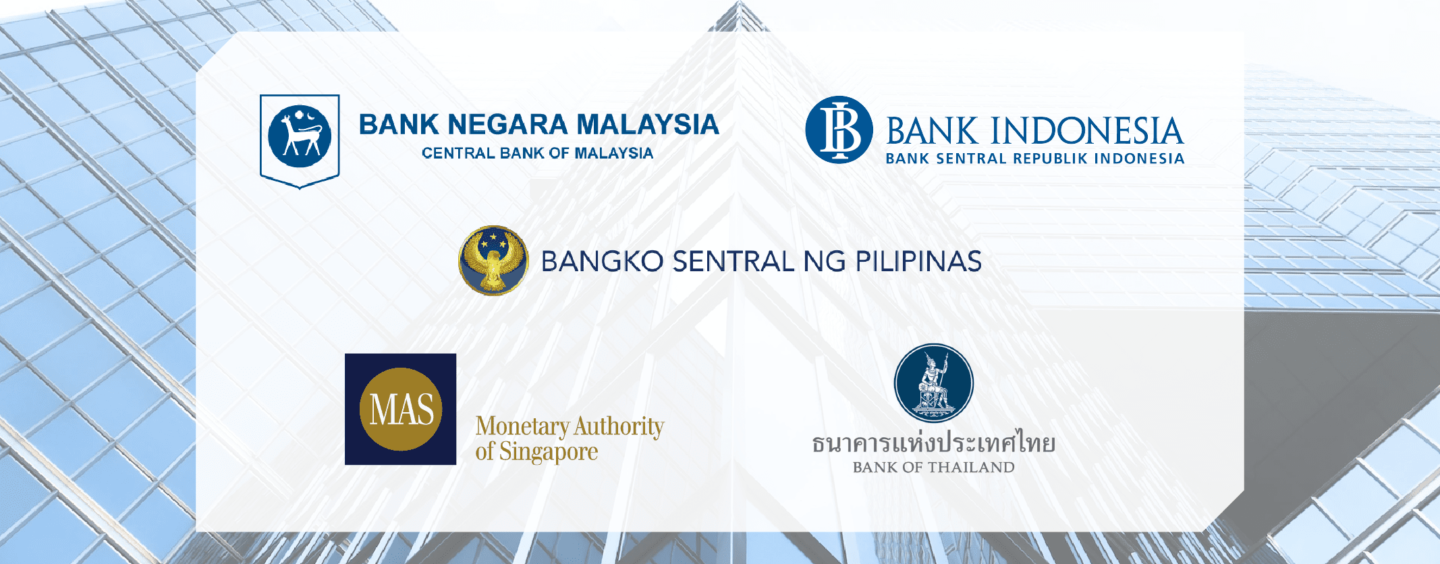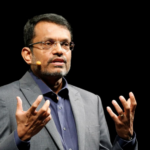
Five ASEAN Central Banks Sign MoU for Regional Payment Connectivity
by Fintech News Singapore November 14, 2022Five central banks in ASEAN announced that they have inked a Memorandum of Understanding (MOU) to collaborate on regional payment connectivity to support faster, cheaper, more transparent, and more inclusive cross-border payments.
Signed at the G20 Leaders’ Summit, the central banks involved in the payment connectivity include the Bank Indonesia (BI), Bank Negara Malaysia (BNM), Bangko Sentral ng Pilipinas (BSP), Monetary Authority of Singapore (MAS), and Bank of Thailand (BOT).
The implementation of cross-border payment connectivity serves to support and facilitate cross-border trade, investment, financial deepening, remittance, tourism, and other economic activities, as well as a more inclusive financial ecosystem in the region.
The cooperation will include a number of modalities, including QR codes and fast payment.
Going forward, this payment connectivity initiative could be expanded to include other countries in the region and potentially other partner countries outside the region.

Ravi Menon
Ravi Menon, Managing Director of MAS said,
“This MOU underscores ASEAN’s commitment to achieve regional payments interoperability and connectivity by 2025 to enable cheaper, faster, and more transparent cross-border payments.
ASEAN’s effort is aligned with the G20’s goal of addressing existing frictions in global cross-border payments, creating new business opportunities and enabling inclusive growth.”

Nor Shamsiah Yunus
Nor Shamsiah Yunus, the Governor of BNM said,
“The initiative underscores the importance of central bank collaboration in supporting the development of next-generation payment connectivity.
Realising the vision of an ASEAN regional network of fast and efficient cross-border payment systems will advance our digital ambitions and further deepen financial integration for the benefit of the region’s economic development.”







